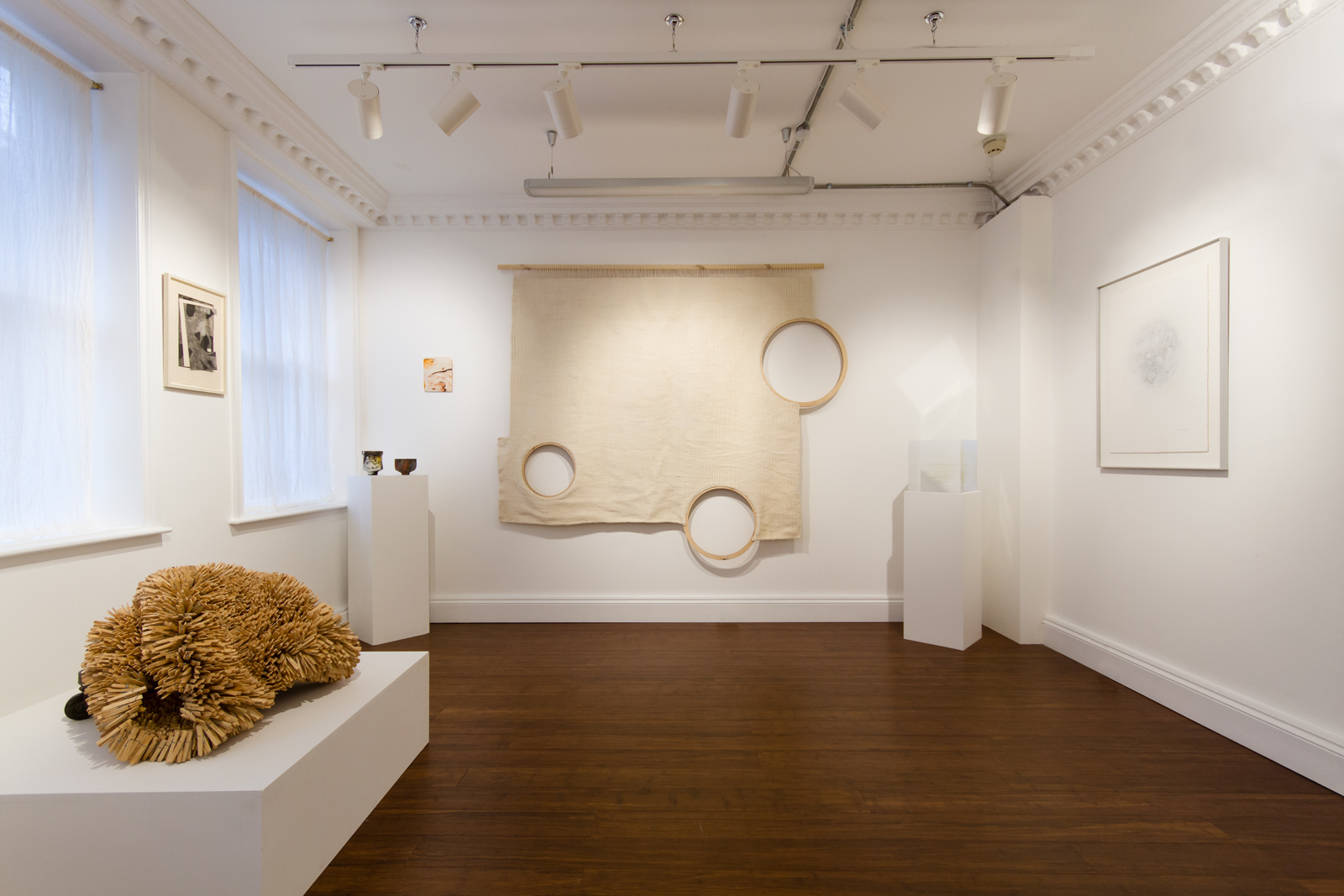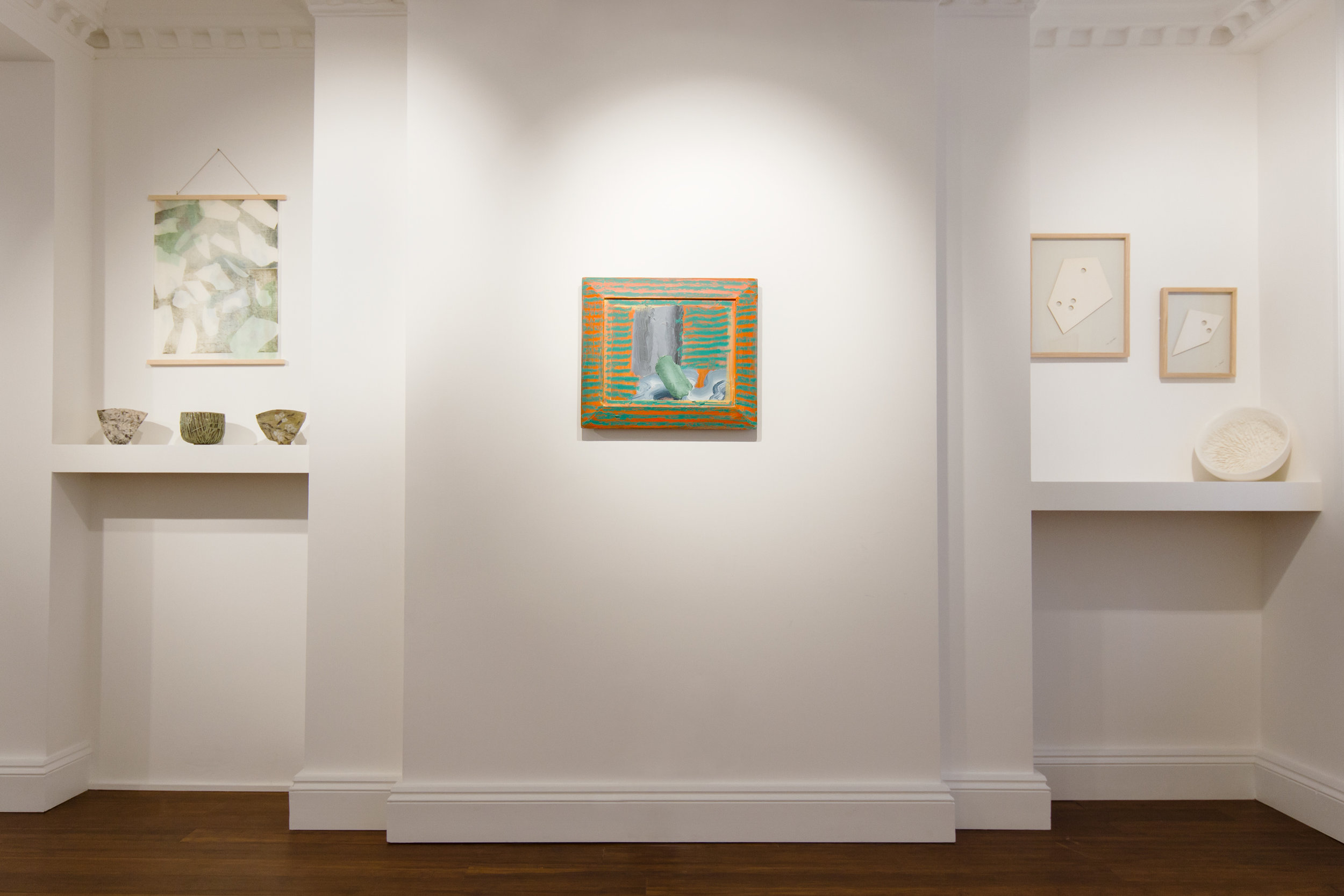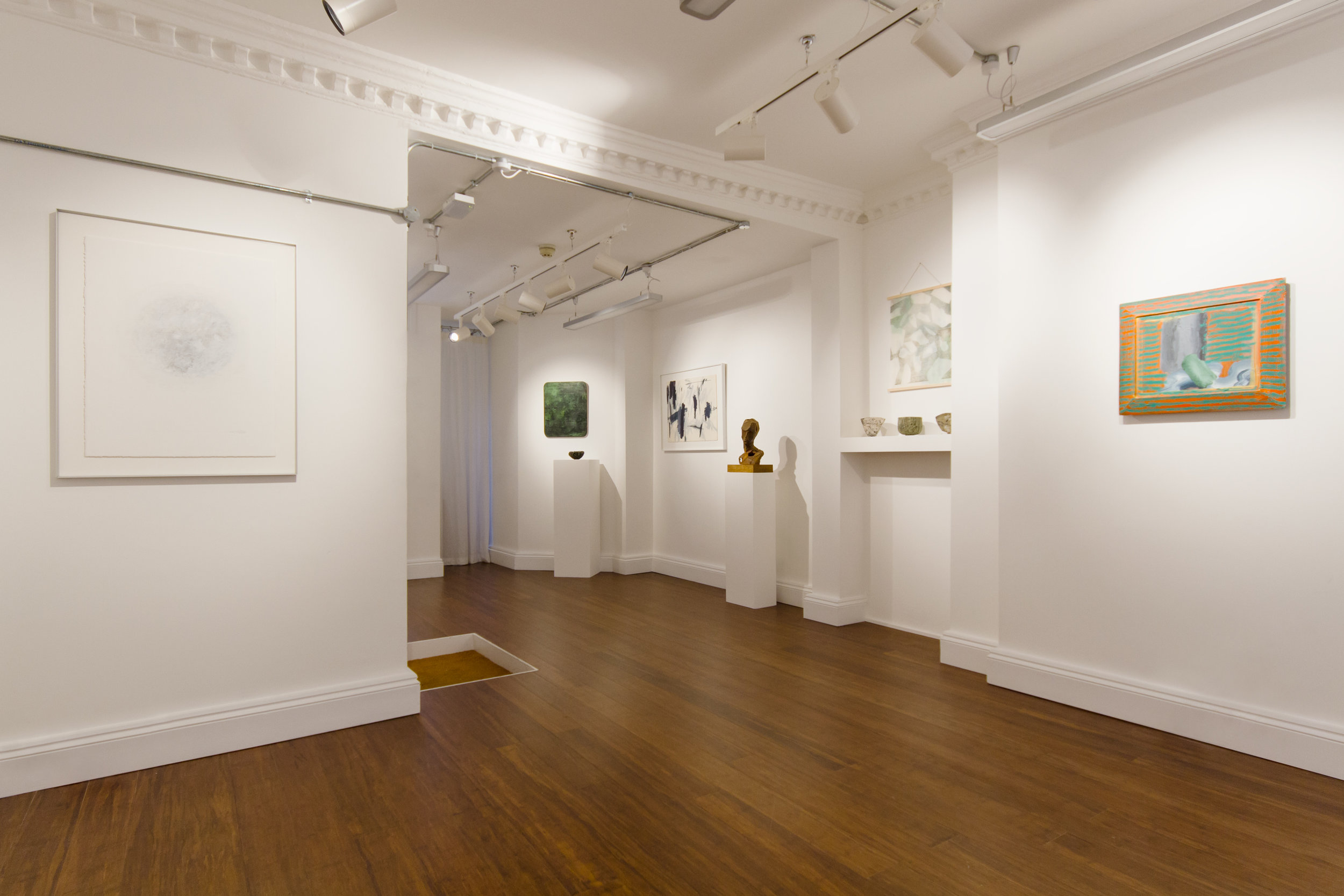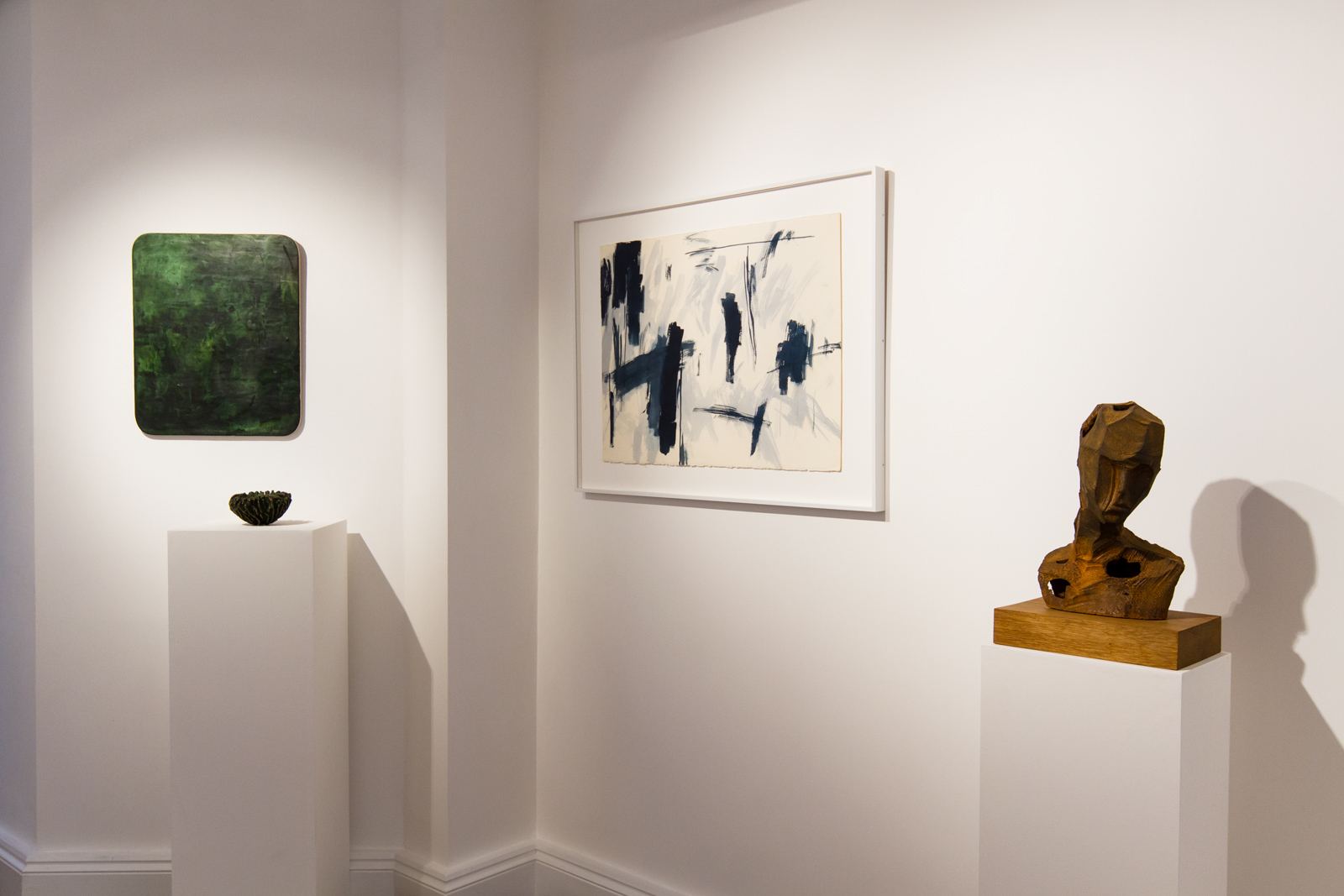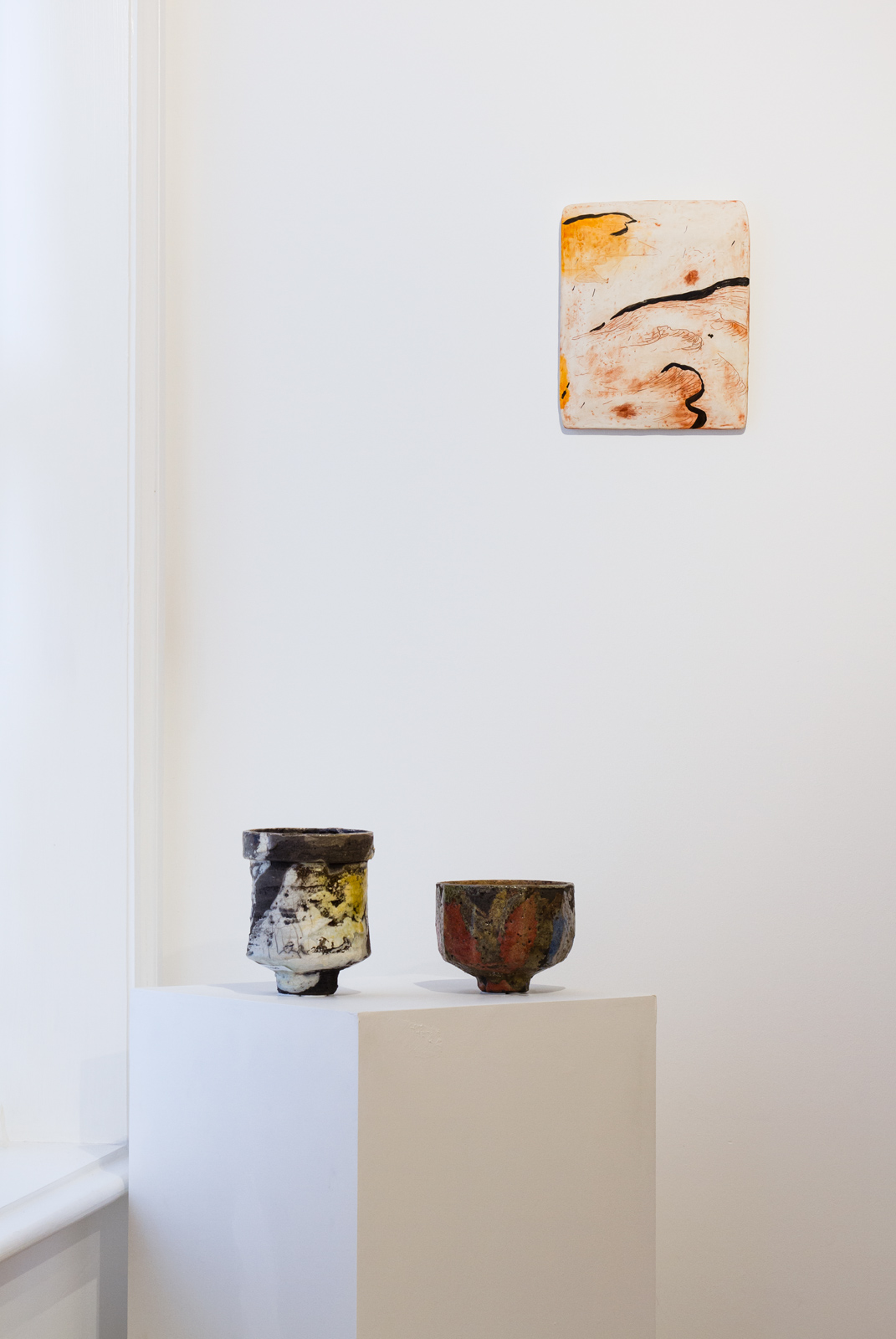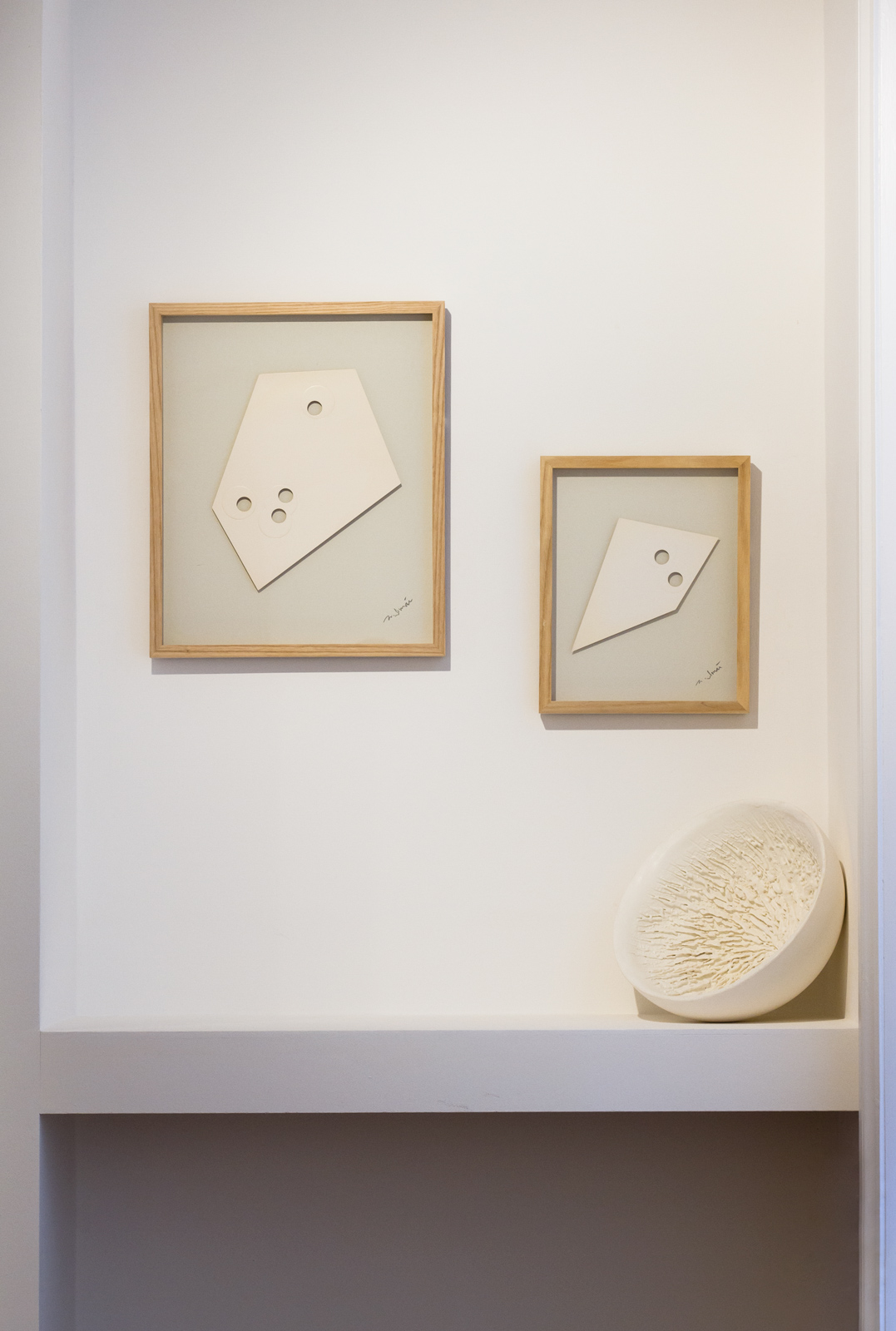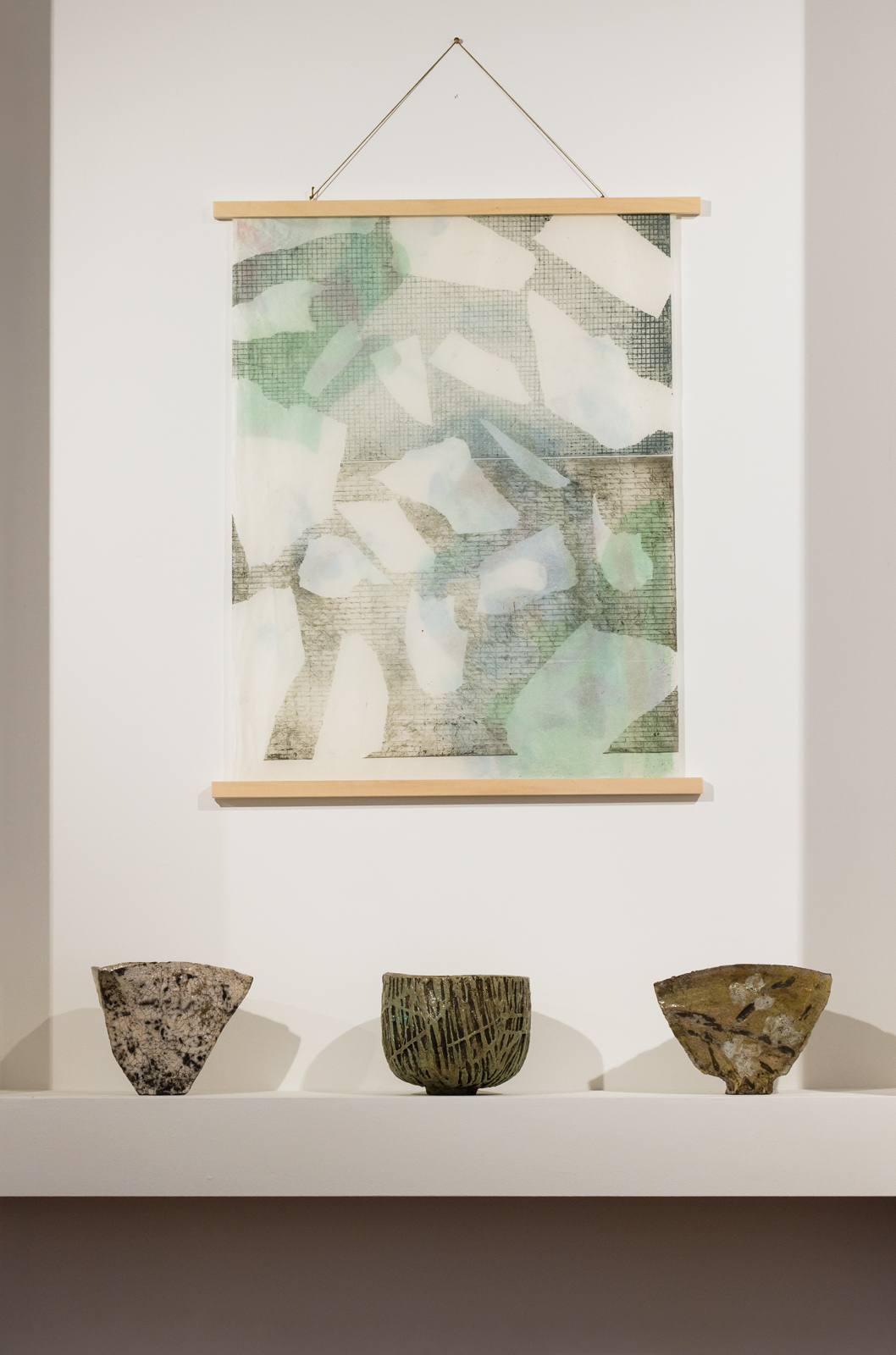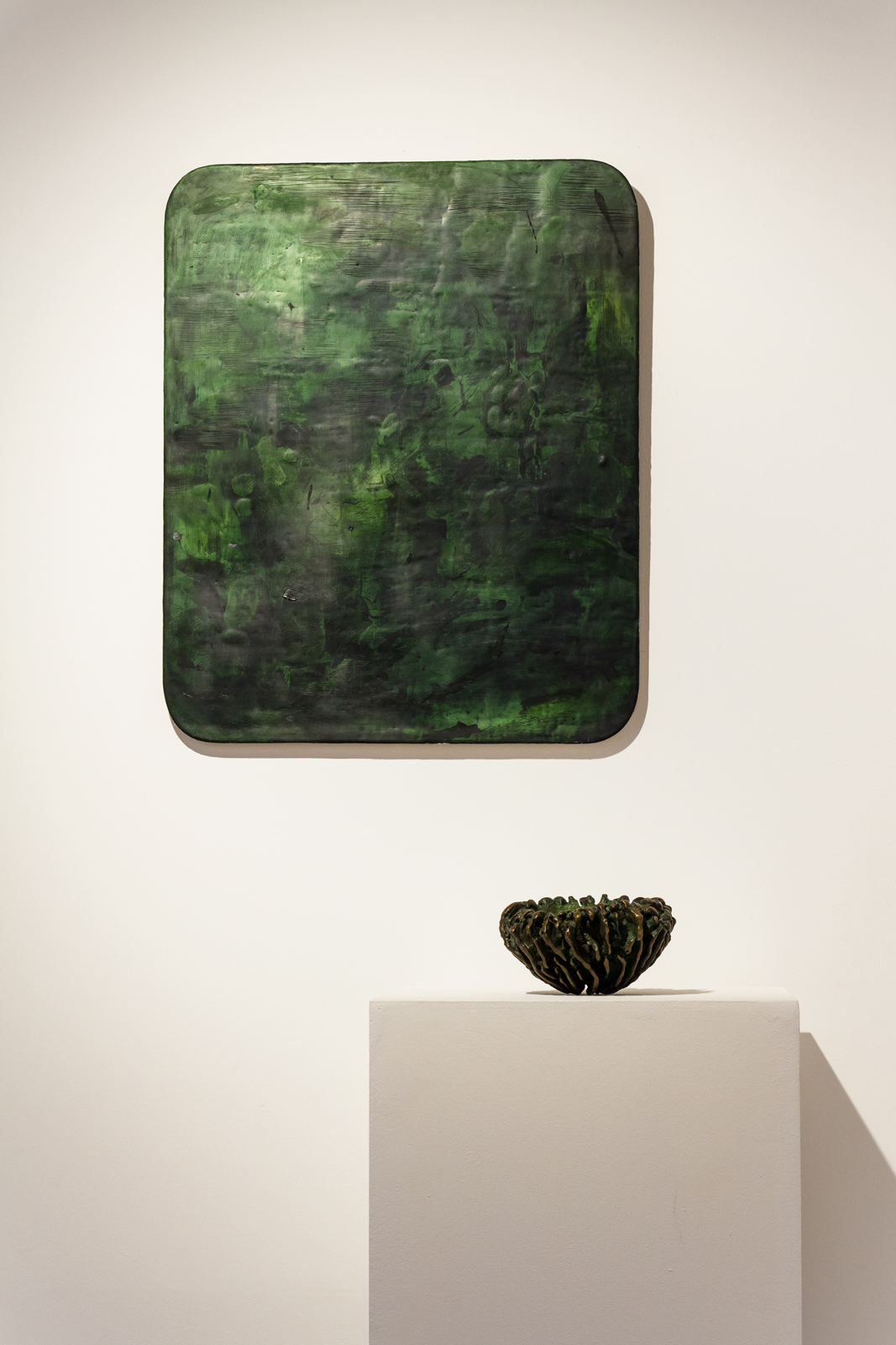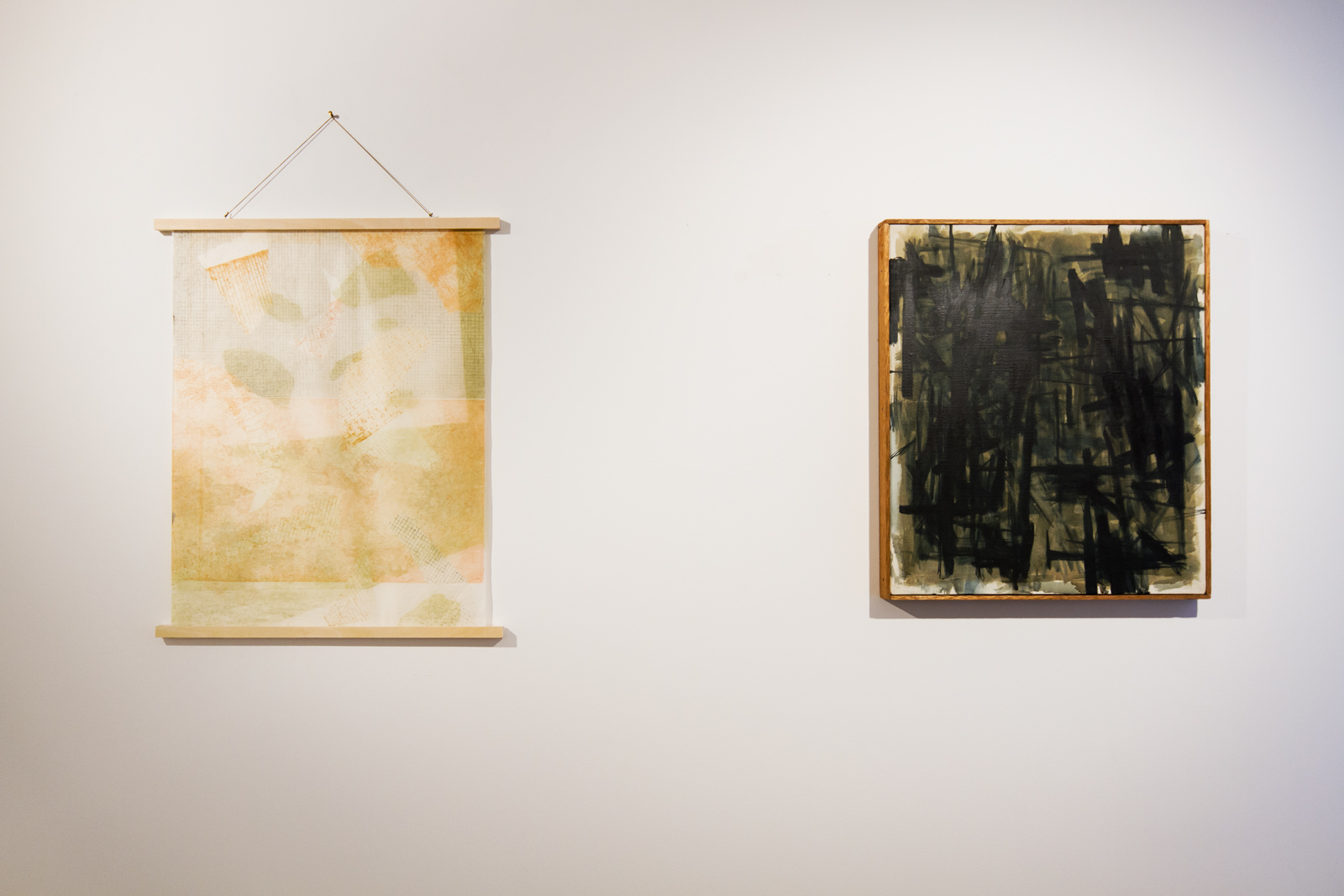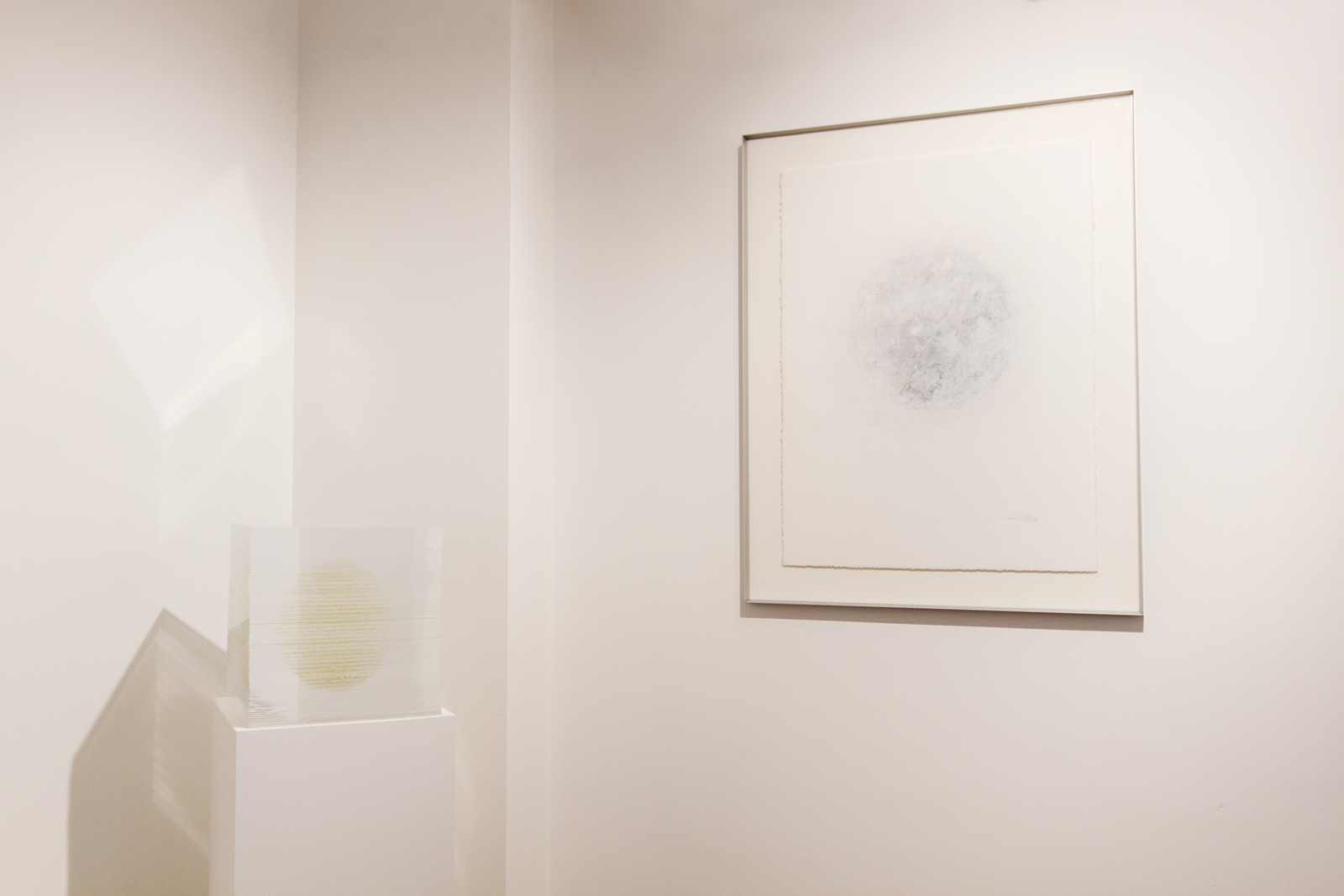Wolfgang Buttress
Dante Elsner
Jasmine Garrett
Howard Hodgkin
Norio Imai
Soojin Kang
Kazuyo Kinoshita
Kate Linforth
Rory Menage
Nina Royle
—
download press release
View Artists
INstallation views
Artworks
Becoming & Dissolving: ‘The Art of Appreciating Simple Beauty in a Naturally Imperfect World’ is inspired by the Japanese concept of wabi-sabi and brings together the work of 11 contemporary and post-war artists in exploration of this theme: Wolfgang Buttress, Dante Elsner, Jasmine Garrett, Howard Hodgkin, Soojin Kang, Kazuyo Kinoshita, Kate Linforth, Christine Marchese, Rory Menage, Norio Imai & Nina Royle.
The quiet constant of what the Japanese have for centuries referred to as wabi-sabi is beginning to gain traction in the West. Wabi-sabi has its roots in the Buddhist pursuit of simplicity and restraint, fostered through a deep connection with the natural world. In the 15th century it evolved into a distinctly Japanese ideal as a reaction against the dominant aesthetic of lavishness, ornamentation and rich materiality. Today it provides a welcome antidote to our contemporary world of impersonal digitalization, hard edged mass production and frenetic pace.
Wabi-sabi by its very nature defies easy definability. It finds its expression in natural materials, organic processes, earthiness, irregularity, the unpretentious and the unassuming. It is about the subtle, the ephemeral and the evanescent. It bears testament to nature in its perpetual state of flux. Wabi-sabi prizes perception over reason. To observe it, and come to appreciate it, it demands we slow down and allow its muted, unconventional beauty to permeate us.
The works in this show have been chosen to reflect the core tenets of this mysterious and elusive aesthetic ideal.
Wabi-sabi “beckons, comes close and relates”. It shows us what we knew all the time, but did not know we knew. “Wabi-sabi suggests that beauty is a dynamic event that occurs between you and something else” (Leonard Koren). In coming to appreciate the simple beauty found in our naturally imperfect world, we may come to a heightened awareness of that which is around us and of which we are a part. There is no past, present or future in wabi sabi, just a perpetual state of becoming and dissolving.
Installation views
